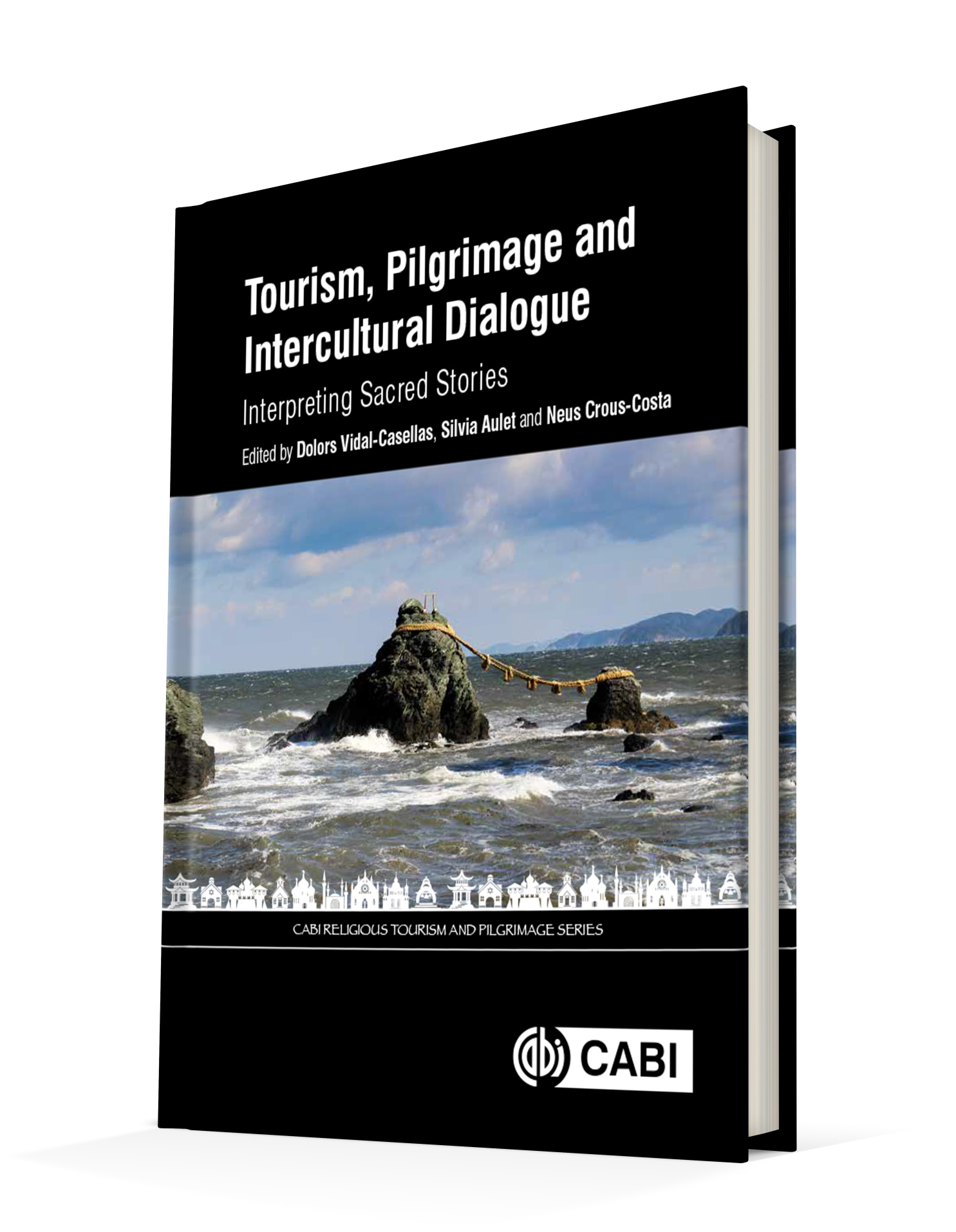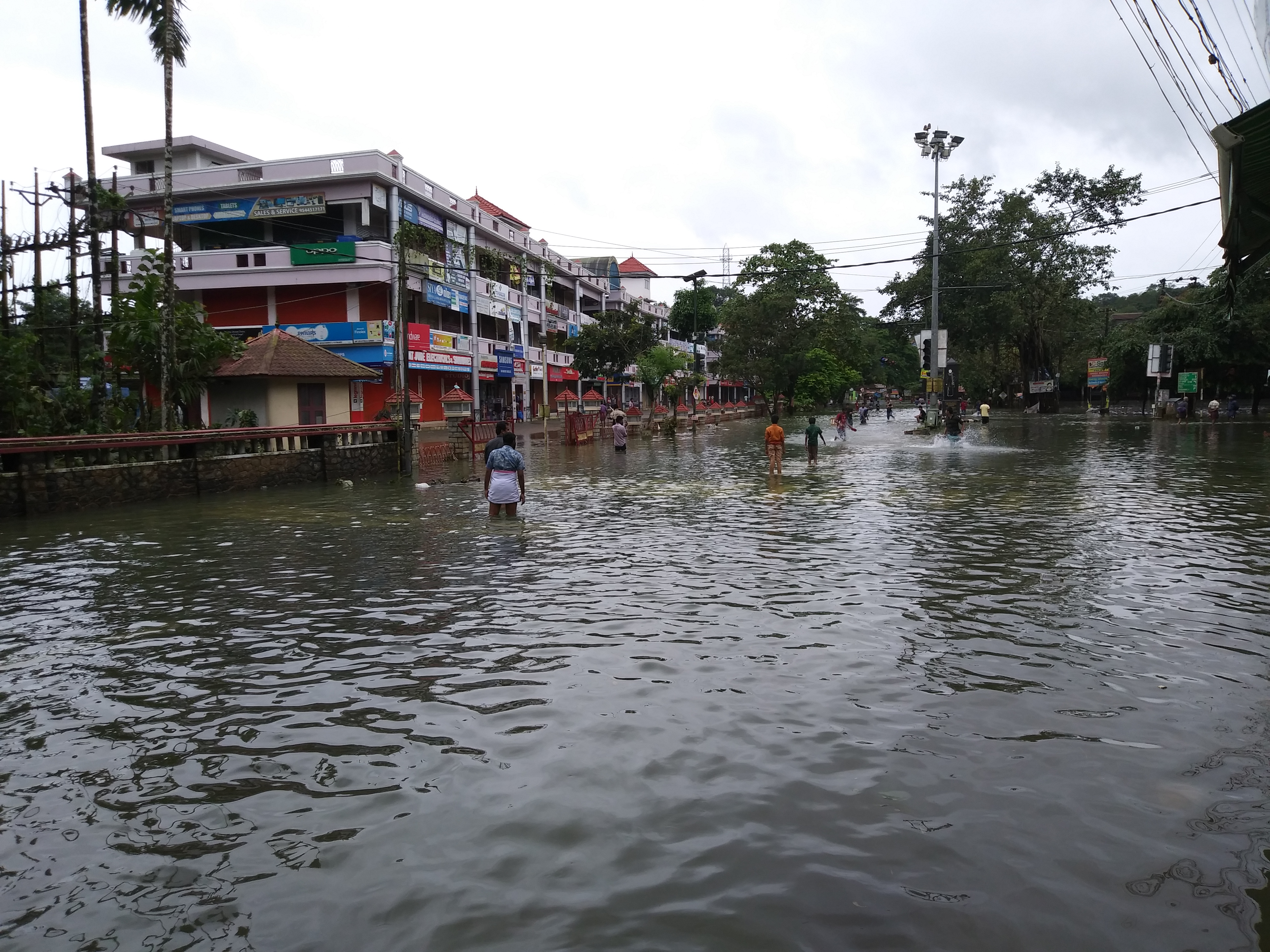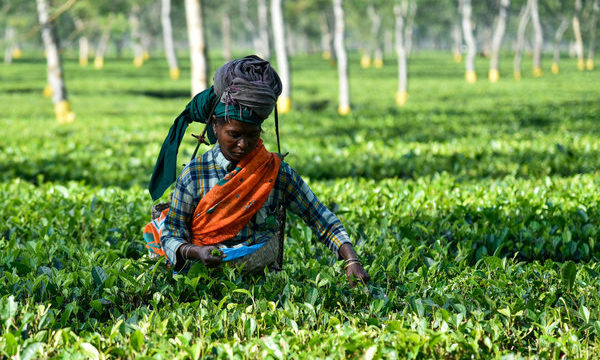Tourism these days is not only a fast-growing industry worldwide, which carries blessings as well as undesired effects, it is also a field that is receiving more and more attention from a myriad of academic perspectives. It is no secret that travel and tourism are of a cross-disciplinary nature, since they have impacts at all levels: ecological, cultural and social, economic and political. Of course, this works in both directions.

Ortodox Cathedral – Iasi Romania
Part of the sociocultural sustainability of tourism is built on its capacity to generate mutual, intercultural, dialogue, thus contributing to world peace. According to statistics by the World Tourism Organization, 1,326 million travelers crossed borders in 2017. This data points out how these flows help to preserve cultural sites and artefacts, foster environmental protection and promote peace and security.
Of course, these are hotly contested contributions – even for people who are unfamiliar with academic tourism research. In 1975 Turner and Ash published the Golden Horde , where they (in)famously compared the tourism economy to Genghis Khan’s sacking of the Eurasian regions. Later this same decade, Said’s work Orientalism described how an image created by (pseudo) travelers to “Oriental” countries shaped and maintained a stereotypical image. This helped to feed the persistence of some images and behaviours in order to please tourists, in what MacCannell called staged authenticity . Today, news about tourists expelling residents from old towns or using animals as props for selfies have a regular presence in our daily life.
The authenticity of religious and spiritual sites and practices is often seen as the core appeal of a destination, making them all the more attractive to tourists. This sometimes even allows them to reconnect with their own core – an example of this is pilgrimage on the Way of St. James‘ . These spaces are highly sensitive, since they form part of the community’s identity, often including people who wouldn’t usually display religious behaviours.
It is no surprise that higher numbers of visitors to these places has an impact, that goes beyond the generation of income or material decay. Foreigners may disturb the ambience required by religious communities or somehow defile the atmosphere required for a ritual. At the same time, they are welcome since hospitality is part of the way of life of most religious and secular groups. Of course, these visitors also provide an opportunity for these communities to disseminate their beliefs and be present in the world.
In short, religious sites and times should be regarded not only as commodities to be managed in a sustainable manner. They are often the heart and soul of a community still able to show its links (and hostilities) towards other sociocultural groups. They provide a unique opportunity to connect to others in a deep and meaningful manner, be these the local community or fellow travelers, and to ourselves. Holiday time, a more relaxed part of our life, is an optimal setting for this learning and socializing process.
Of course, this does not only require sensibility on the side of the traveler, but also practical management from all stakeholders in the tourism system – a broader notion than the tourism industry. This calls for collaboration between basic research and practice, as well as for a network of professionals that learn from each other’s daily practices.
Tourism, Pilgrimage and Intercultural Dialogue, Edited by Dolors Vidal-Casellas, Silvia Aulet and Neus Crous-Costa is available now from the CABI Bookshop.
Related News & Blogs
Strengthening agricultural trade and sustainability: A collaborative effort by USDA, CABI, and FPA in the Philippines
Agriculture plays a pivotal role in the economic development of countries, especially within the Association of Southeast Asian Nations (ASEAN). In the Philippines, efforts to enhance agricultural trade and promote sustainability took a significant ste…
2 August 2023




